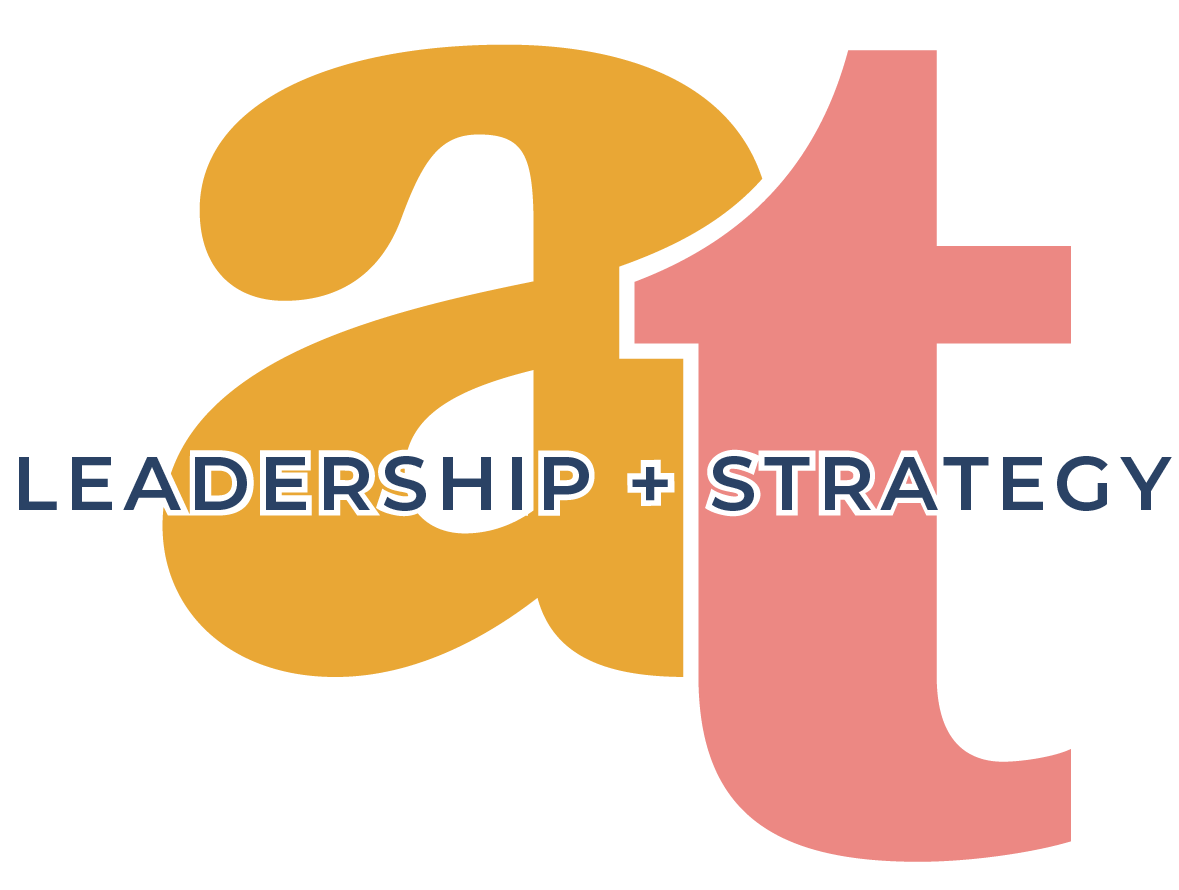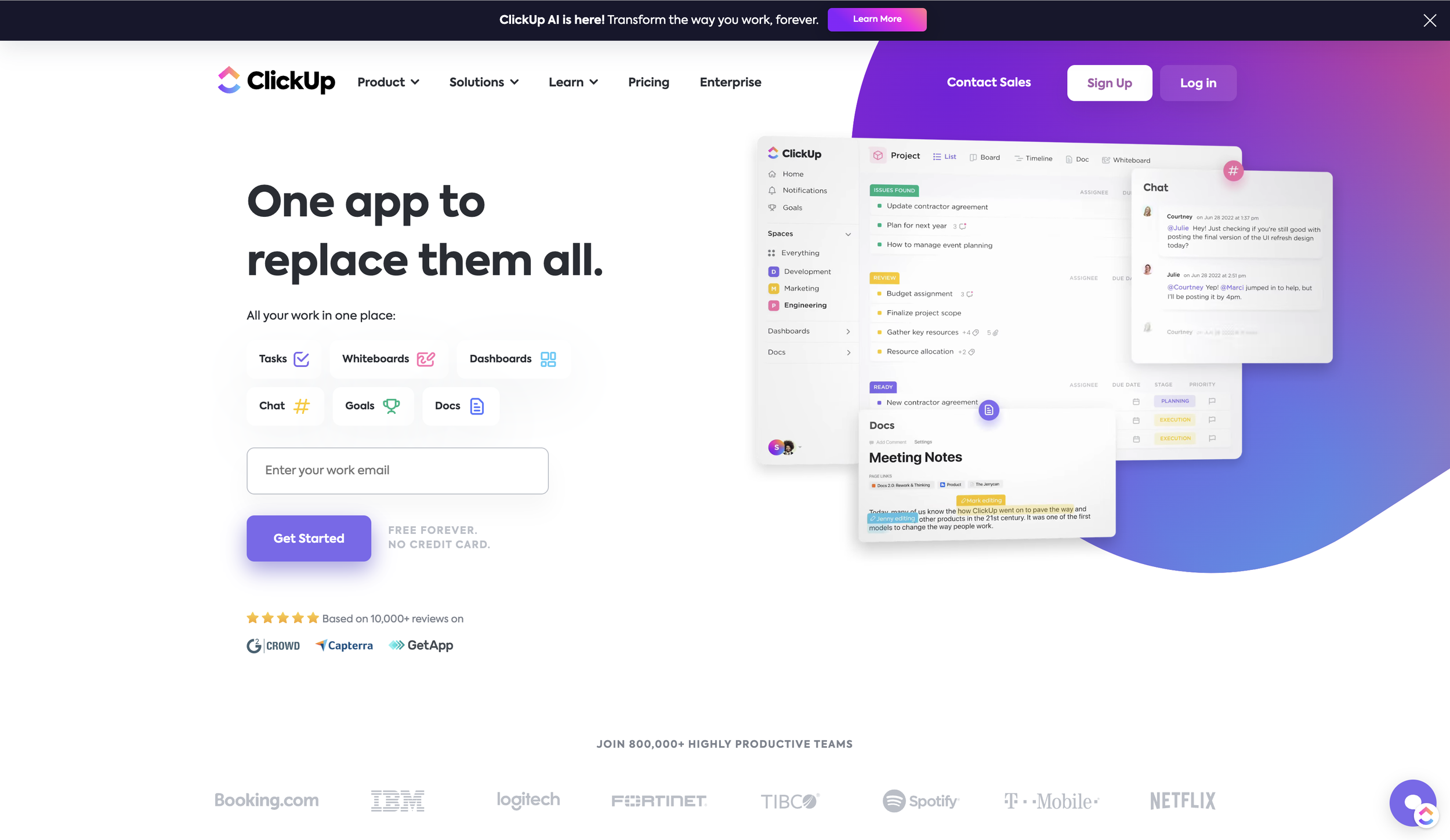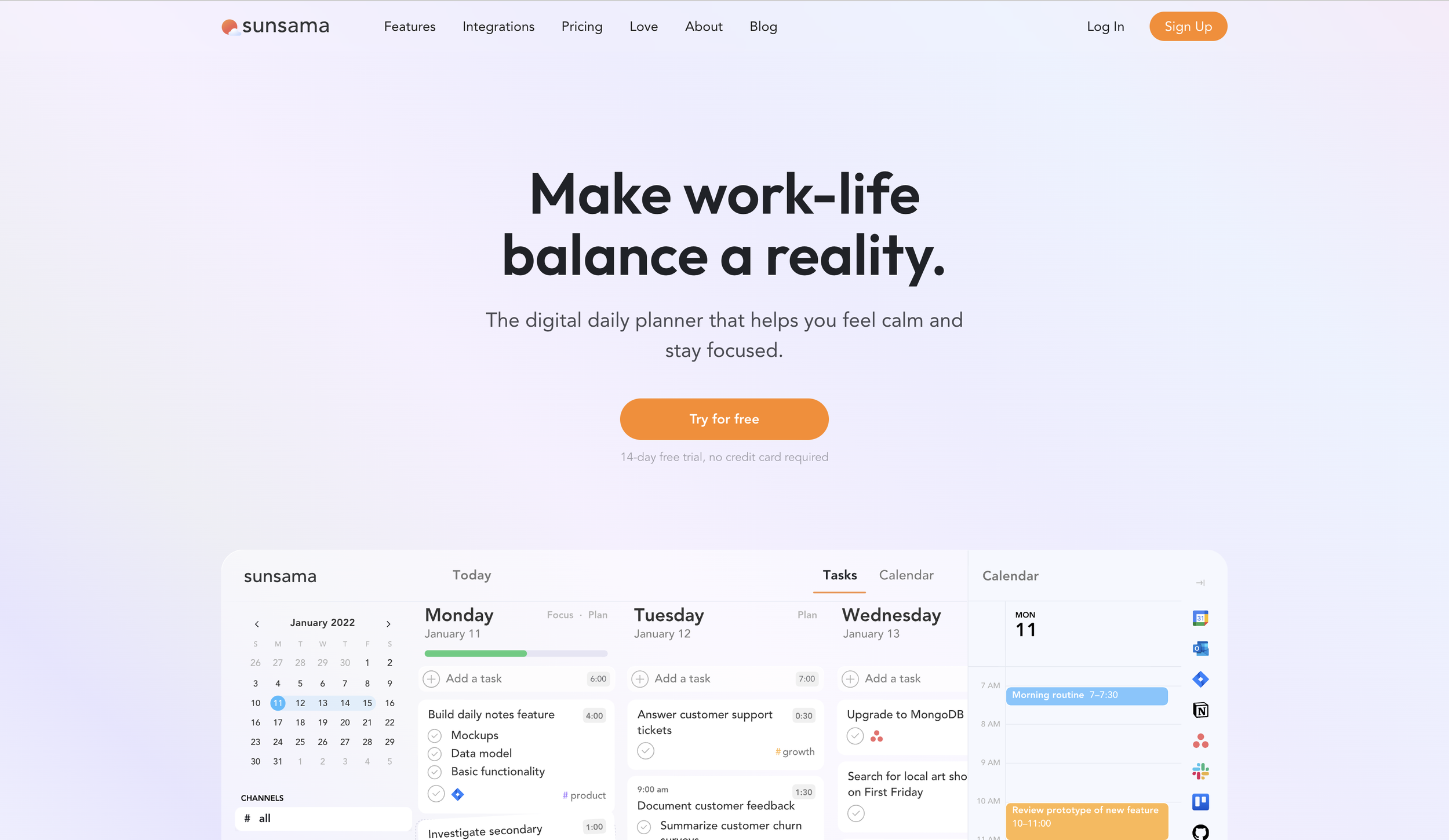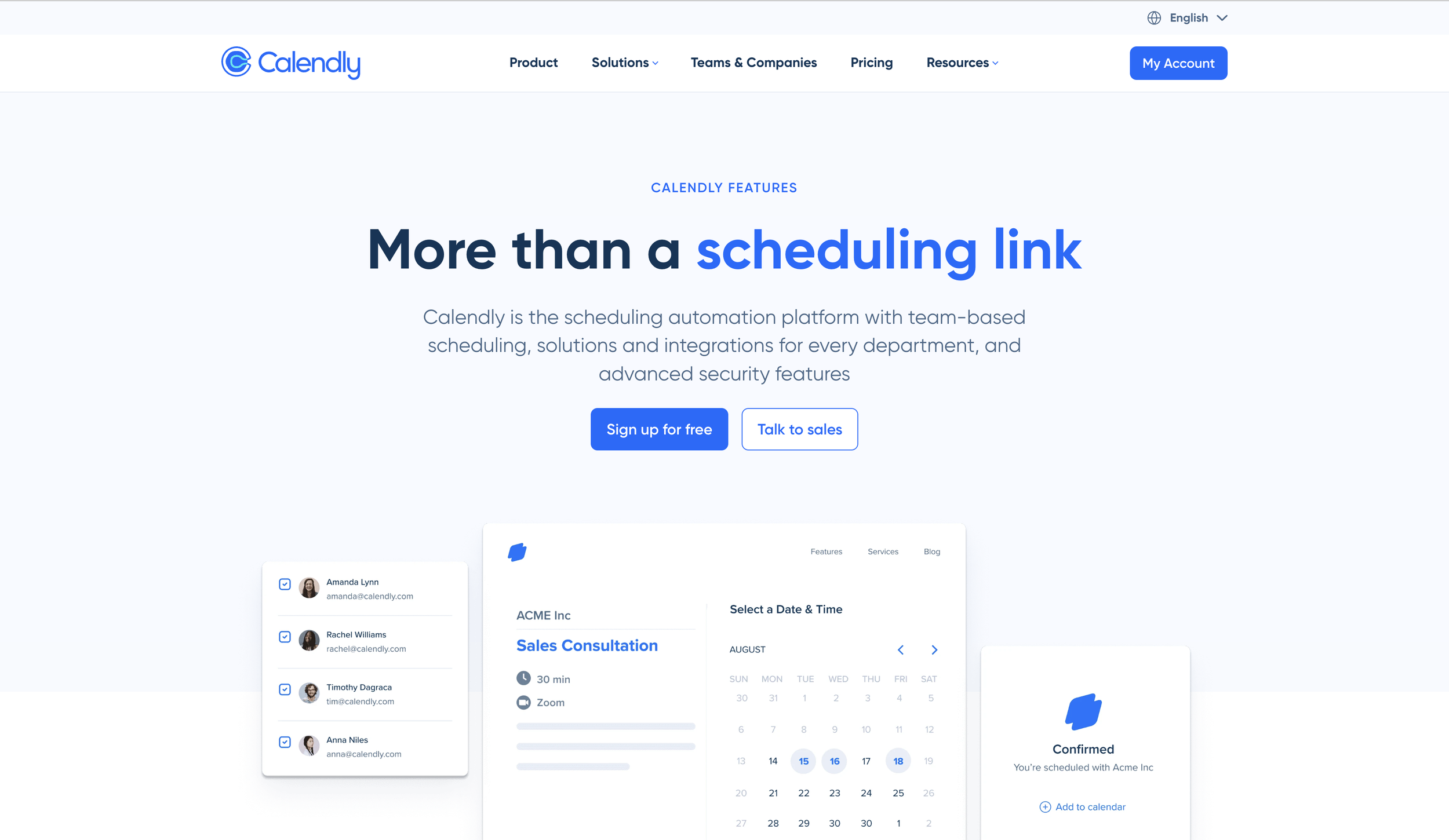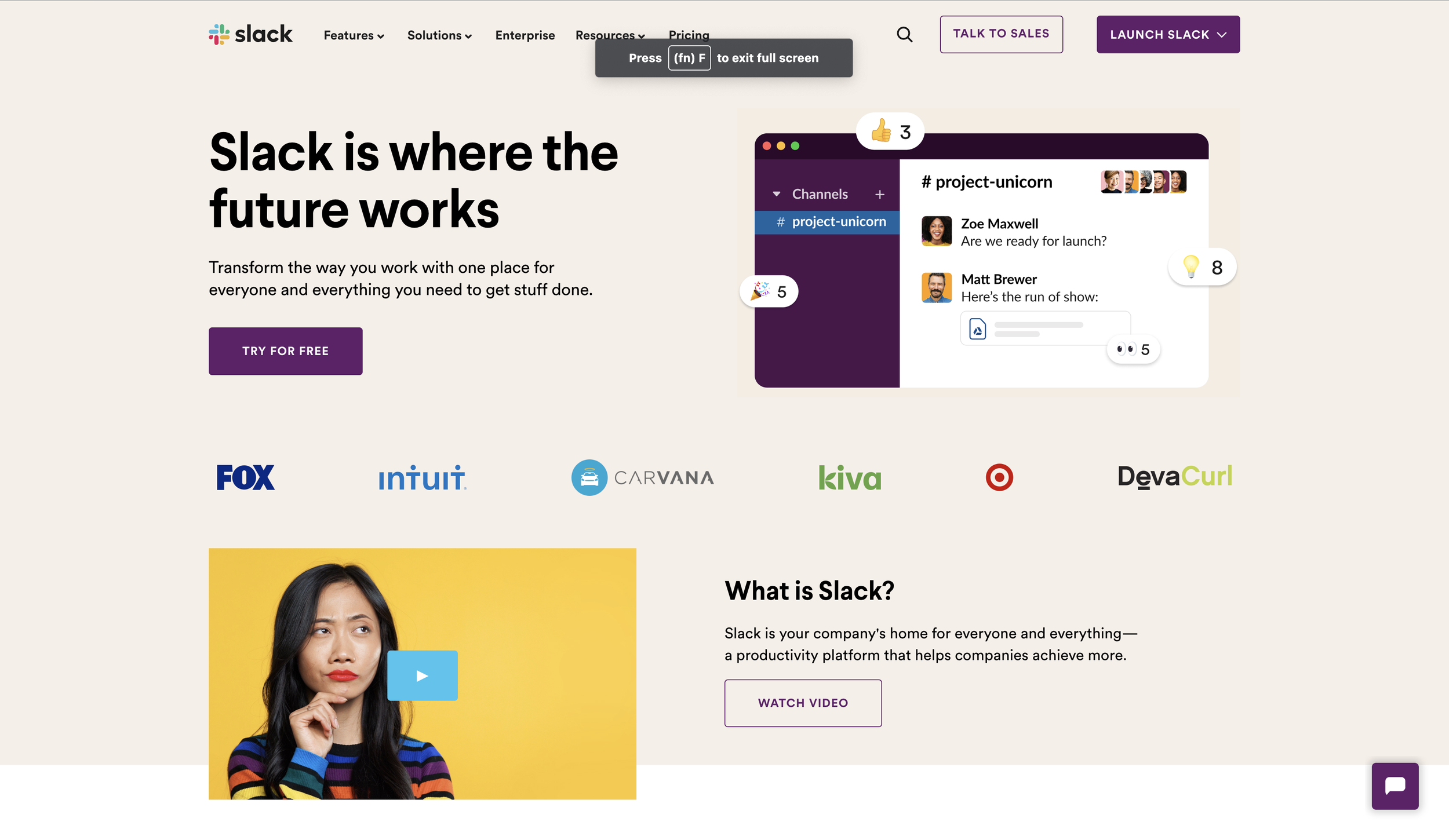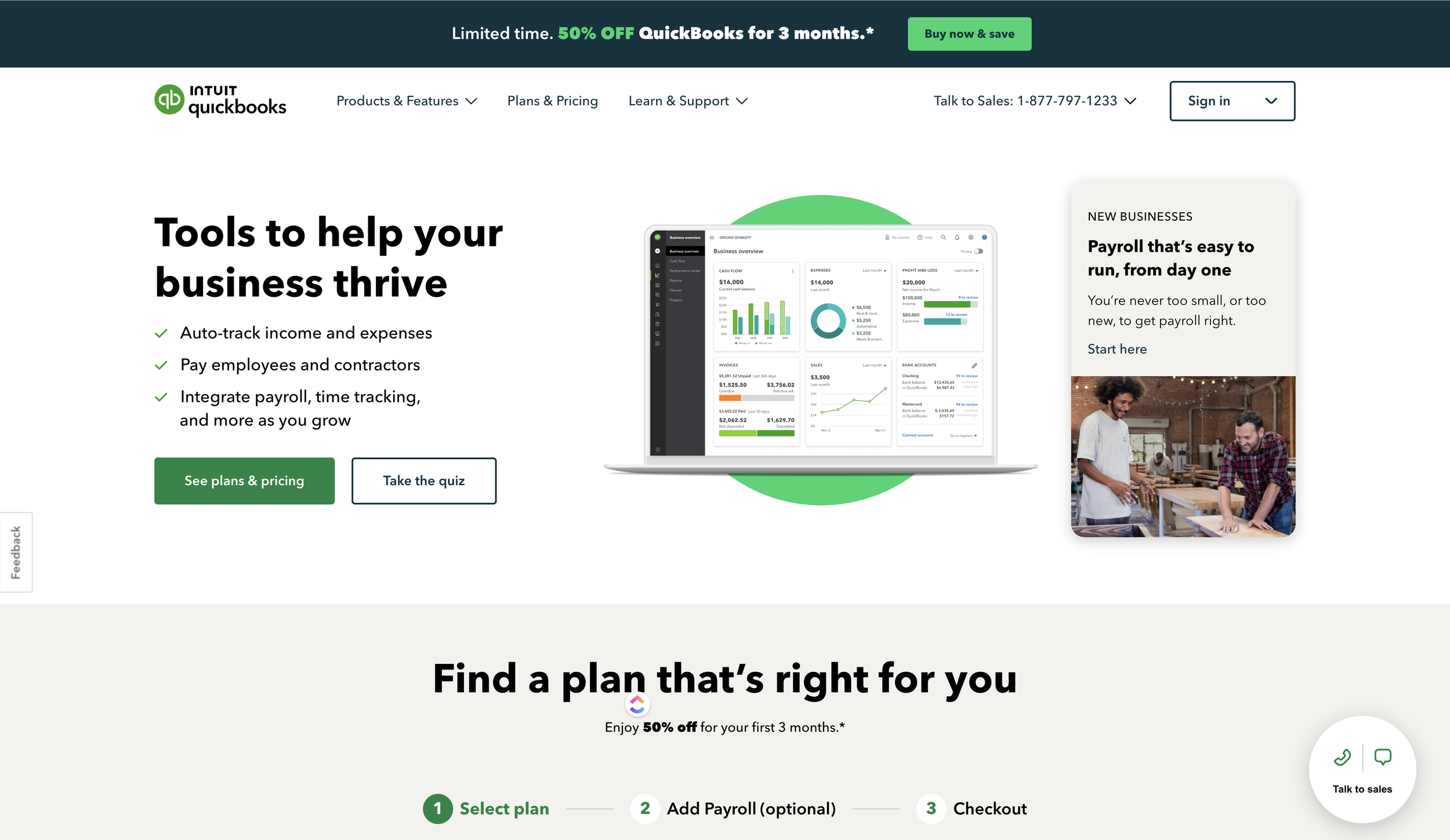The tools I use to stay organized
A question I get a lot is, "Which tools do you recommend?" It's an excellent question, but my question back is usually: for what? Tools are amazing, but they are also meant to solve a problem. To tell you what tool to use, I need to know what problem you're trying to solve.
Depending on the problem, I have a long list of softwares that I use to address major things. (I've tried a lot of tools.) For many business owners, the four biggest problems to solve are usually projects, calendars, contracts, and bookkeeping. So in my business, I have an app for each of those, plus an one for scheduling links, and one for team communication.
Something that all these apps have in common is their support for workflows and integrations. I don't want to spend my time on busy work; I want to do big, fun, important things. So these workflows and integrations let the apps talk to each other, they do the busy work, and I'm free to spend my time on better things—things that make me happy.
So without further ado, here are the tools I rely on to do my best work.
⚠️ WARNING: If you like drama, anxiety, and chaos, these apps are not for you.
⬆️ CLICKUP: workflow and project management
Website: https://clickup.com
ClickUp keeps me accountable and takes the guesswork out of getting stuff done. It's so easy to manage projects and teams. If it's set up correctly, you can also pull data out of it. You can get data on things like how much time your team spends on tasks, how long a typical project takes to complete, how long it takes to onboard someone. No drama, just data and DONE.
😌 Sunsama: calendar and productivity management
Website: https://sunsama.com
Sunsama makes my calendars pretty, makes it easy to track time, and manage my tasks and emails super conveniently. It doesn't just leave me feeling adult and responsible, it helps me to find the right balance of what I can realistically accomplish in a day.
With Sunsama, you plan your week, plan each day, and reflect on what you accomplished and learned at the end of each day. You can set planned time for each task, but also keep track of the actual time it takes. Over time, you'll get a better feel for what can be done in a day and you'll build habits that eliminate overwhelm.
📆 Calendly: appointment scheduling
Website: https://calendly.com
Ok, Sunsama makes my calendars work for me, but what about making it easy for people to schedule calls with me? That's where Calendly comes in.
Calendly makes it so simple to create a scheduling link so people can find the best time that works for them to meet with me. Integrations with my calendar, email, and videoconferencing tools mean that links are added to meeting invitations automatically and email reminders are sent without me doing a thing.
📃 Dubsado: lead and contract management
Website: https://dubsado.com
Dubsado sends my emails, forms, invoices, and contracts so that I don't have to stress and nothings gets missed. Leads and clients get important paperwork promptly, I get paid and look professional. (They have a scheduler, too, but I don't love it so I use Calendly for that. You have to use the tool that works best for you.)
💬 Slack: team correspondence and culture building
Slack homepage
Website: https://slack.com
Slack makes it easy for teams to keep in touch without having to slog through an email inbox. Even better, it has integrations for so many of the apps that I already use—ClickUp, Sunsama, Calendly, Zoom, Gmail and Google Calendar, Zapier, and on and on. I can keep things organized by folders and channels, and it lets everyone mix in some fun with emoji reactions and GIFs.
💰 QuickBooks: bookkeeping and budgeting
QuickBooks homepage
Website: https://quickbooks.com
It has been super important for me to get a handle on my budget and plan long-term using QuickBooks. The cash flow planner tool gives me a visual of where am I going with my company and what I'm projecting for the rest of the year.
But again ...
The tools I recommend are highly dependent on your individual needs. What works for me might not work for you. Or you might love a tool except for one feature, and so you have to find something that's a better fit. Finding the best tools for you starts with fully understanding where you're at—what your strengths and weaknesses are, what's working, what's not.
What many of my clients find is that it can be kind of daunting to figure that out on your own. And even if you know what's not working, you haven't found the right solution yet. That's why it helps to sit down with someone who can talk through it with you and make recommendations. So schedule a VIP Strategy Day—it's the perfect way to kickstart your business optimization.

